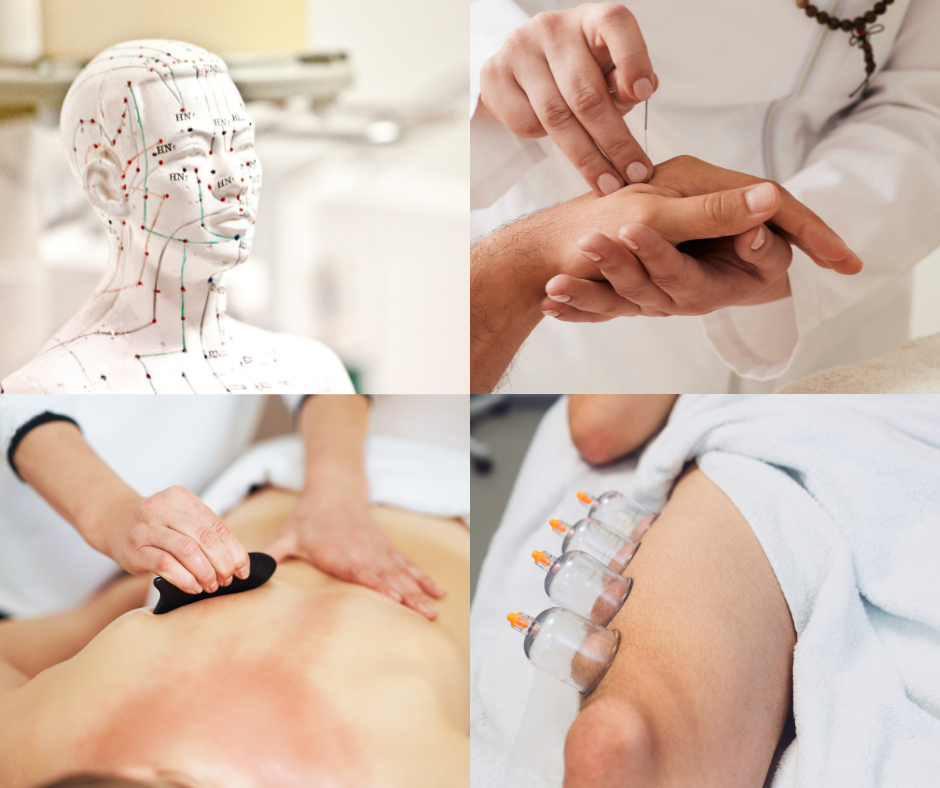What is Acupuncture?
Acupuncture involves the precise insertion of thin, sterile, single-use needles into specific points on the body, known as acupuncture points or meridians. These points are thought to be connected to different bodily systems and functions, with the goal of regulating the flow of energy, or “qi” (pronounced “chee”), throughout the body.
The primary aim of acupuncture is to restore balance and support the body’s natural healing processes. It is commonly used to address a variety of conditions, including pain management, stress relief, sleep disorders, headaches, digestive issues, and more. Increasingly, Western medicine incorporates acupuncture as a complementary therapy alongside conventional treatments.
While the exact mechanisms of acupuncture are not fully understood, research indicates that it may stimulate the release of natural pain-relieving chemicals like endorphins and positively influence the nervous system, leading to a range of therapeutic effects.


